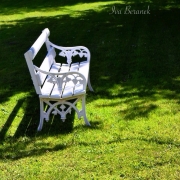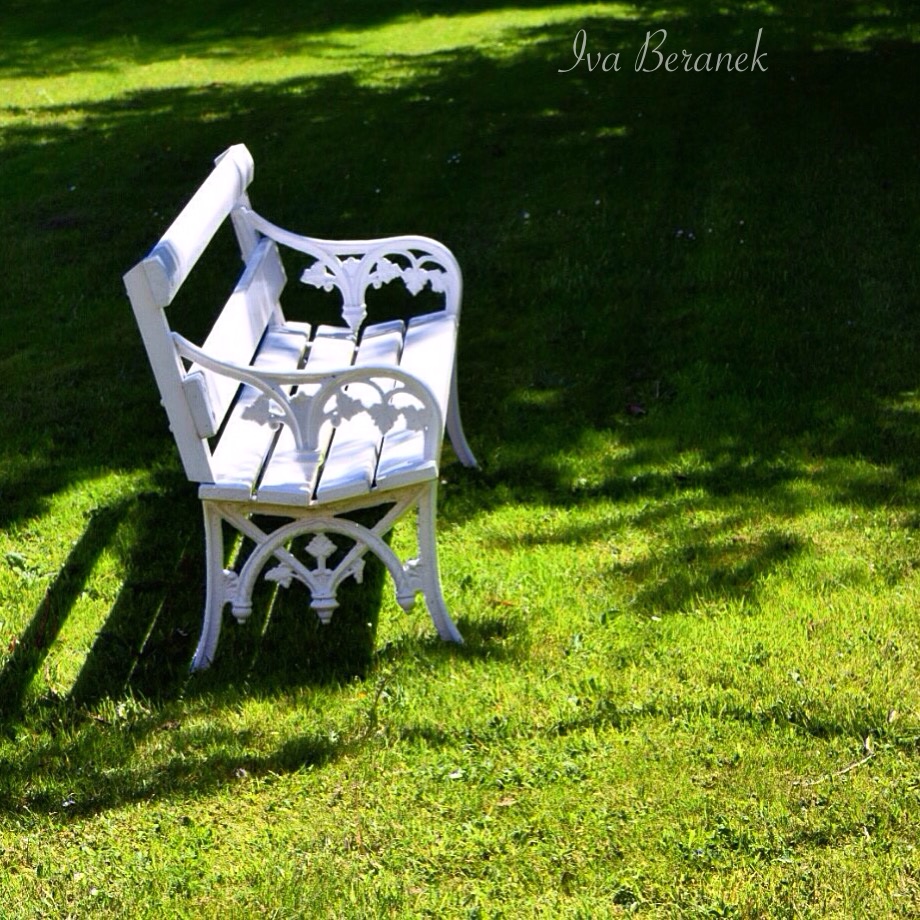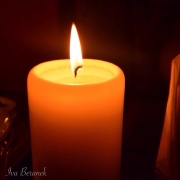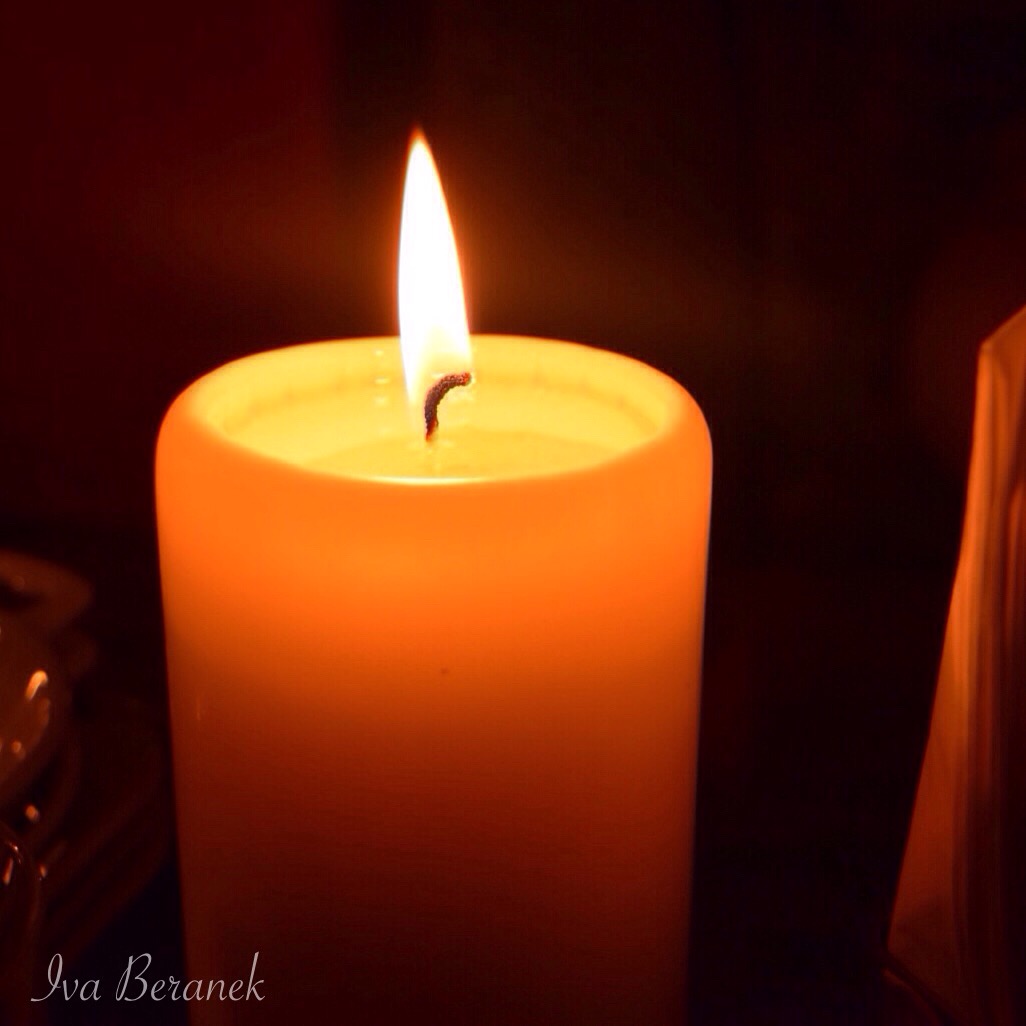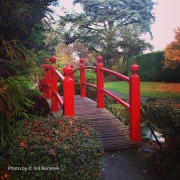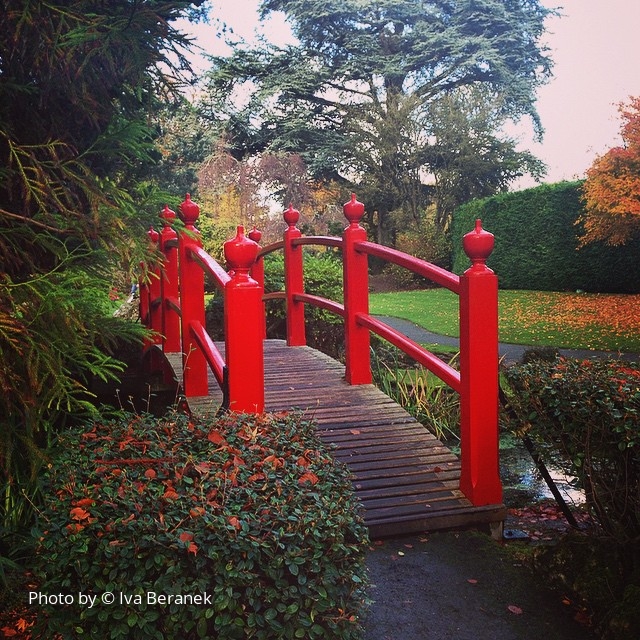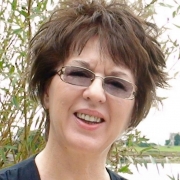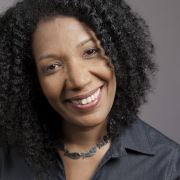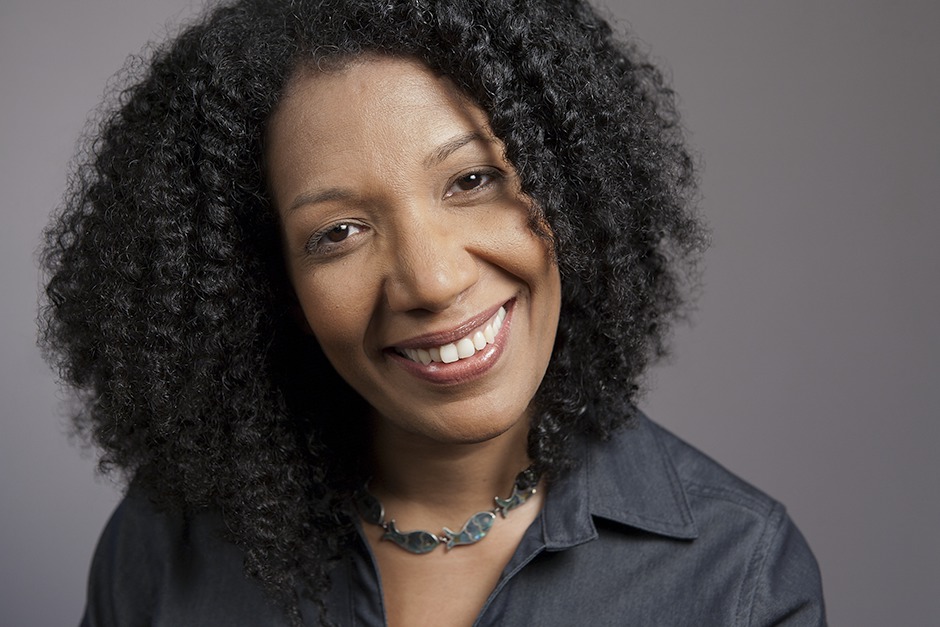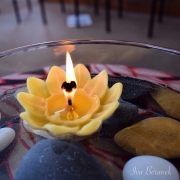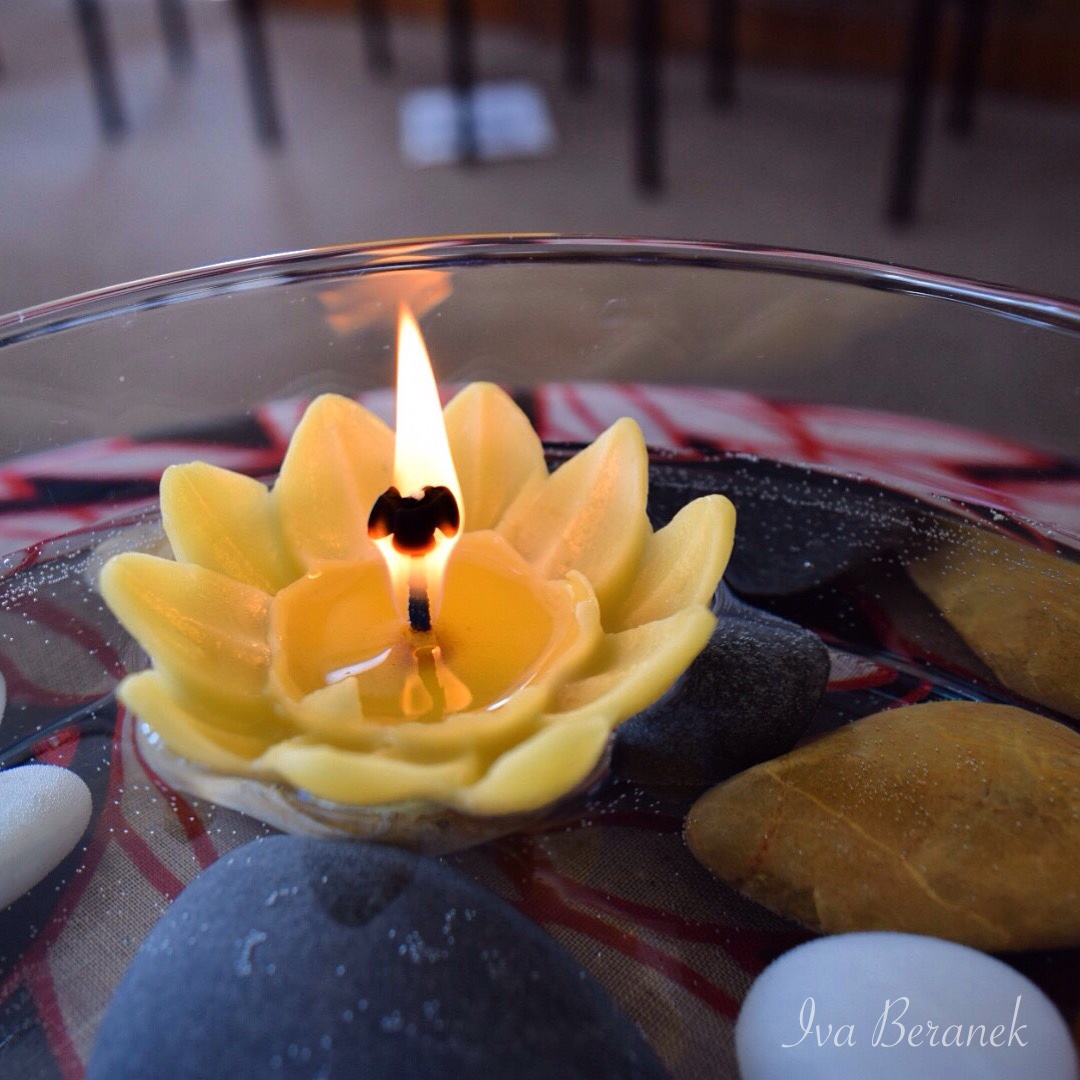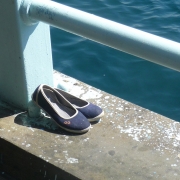Archive for year: 2015
Vigil for Peace
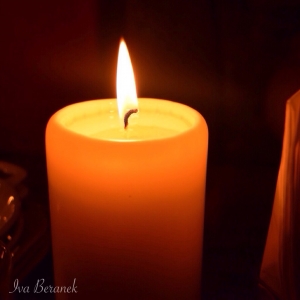
The refugee crisis in Europe has escalated to a very worrying degree that we can no longer ignore it. Many of us were at a loss when thinking how to respond. Recently we encouraged everyone to pray for the refugees, trusting that our prayer is effective even when we do not know its direct fruit. In this way we welcome people in need into our hearts, as we offer their need to God in prayer.
The Church’s Ministry of Healing: Ireland was looking for ways to further our call to prayer and so we decided to organise a Vigil for Peace. We would like to invite you all to join us.
The Vigil will take place on Thursday 8th October 2015 in the Nave Chapel, Christ Church Cathedral, Dublin. It will start at 10am with Morning Prayer and conclude with Choral Evensong at 6pm. Various contributors will give prayerful reflections on the hour. The schedule is as follows:
10.00 Morning Prayer
11.00 Linda Chambers from the United Society
12.00 Carmelite Friars (OCD) from Clarendon Street
12.45 The Eucharist with prayers for healing. The celebrant is the Very Rev Dermot Dunne, Dean of Christ Church Cathedral
14.00 Lydia Monds from the Bishops’ Appeal
15.00 Greg Fromholz on the experience of refugee camps in Lebanon
16.00 Church’s Ministry of Healing: Ireland
17.00 Stephen Collins from the Irish Refugee Council
18.00 Choral Evensong, Emma Lynch from Tearfund Ireland
You will be welcome to light a candle and say a prayer all throughout the day.
There will be opportunity to donate to the Bishops’ Appeal. Donations will continue to be directed to the needs of 12.2 million people in Syria and 4 million refugees in neighbouring Iraq and Lebanon as well as to NGOs and community initiatives responding to the needs in EU countries.
We hope you will join us in this day of prayer for peace and the refugees.
All are welcome to attend.
A call to pray for the refugees
“You have to understand, no one would put their children in a boat unless the sea is safer than the land,” wrote the Somali-British poet Warsan Shire in her poem about the refugees leaving their home country. But we are well aware that the sea is not safe.
The refugee crisis has escalated to a very worrying degree, and we can no longer ignore it. Refugees from Syria, Libya, Iraq and other countries are on the Europe’s doorstep. While some responses to the crisis are encouraging, there are many stories that are in fact disturbing. What can we do? First of all, pray. This may seem like an easy way out or an insufficient response, but it is neither.
We Christians believe in a God who was a refugee himself. Jesus, when he was still a child, had to flee to Egypt with Mary and Joseph, because it was not safe for them to stay in their home country. Jesus knows on a very personal level what the refugees are going through. In prayer we can ask Jesus to help them as they seek refuge from war. An act of prayer involves trust: we have to believe that our prayer is effective even when we do not know its fruit. We will not know how our prayers in this situation are going to be answered, but we are still called to entrust the people in need to God’s loving care. Maybe our prayers are going to give strength to those who are helping the refugees on the ground, or even inspire action that will create a very practical response. Maybe the prayers will comfort someone who lost a family member in their desire for survival.
Jesus said, “Truly I tell you, whatever you did for one of the least of these brothers and sisters of mine, you did for me (Matthew 25:40)”. Prayer does not exclude action, on the contrary, a heartfelt prayer often inspires it. Yet even in itself, prayer is valuable. In this case, it has a potential to comfort and sustain people fleeing from war-torn countries not to give up. For many of us even reading the news has been quite overwhelming and it may seem like we are unable to pray vocally. Even sharing in the pain through our heartfelt compassion, with the loving posture of our heart, is a prayer. God can see what is in our hearts, even when words don’t come.
We would like to invite each of us to keep the refugees and those who have the power to help in your daily prayers. Make the prayer as specific as the Spirit leads you. Maybe even write a list of intentions you will pray for, or simply stand before God with an open heart.
If while praying, within your heart you recognise stirring to do something, if a prayer leads you to act, may God be your guide. If we each do our little bit, we can do a lot.
Iva Beranek
Dr Iva Beranek is the Ministry Facilitator for the CMH: Ireland
The change of seasons
As the autumn sun warms our streets, we are beginning to cross a threshold into another season of the year. Sometimes the external seasons point towards the seasons of our hearts, the internal ones. While we encounter moments of eternity in our daily living, moments when God shows us His presence among us, a lot of our lives is actually seasonal.
Try and notice the season you are in, give it a name. Any name. It could resonate with summer, autumn, winter, spring, but it could also be a season of joy, new beginnings, growth, or even a season of grief. Often these seasons overlap. Summer hardly ever finishes on a one day, and lets the autumn start on the next. A dance of seasons is very common, in nature and in our lives also.
What is the healing that you might need today? Perhaps your prayer is for a deep cry of your heart to be comforted with God’s love. Or maybe it is a gentle desire for rest, a desire for peace, or for something else. Spend some time in the silence of your heart and talk to Jesus about what you need. Wherever there is a need for healing, usually there is an invitation for growth as well. Be attentive to the areas of growth where God is calling you at this moment.
May the dance of the seasons be gentle for your soul, and may you dance with the Spirit who is always leading you deeper into the fullness of life.
Iva Beranek
Dr Iva Beranek is the Ministry Facilitator for the CMH: Ireland
Writing for Healing Workshop with Maureen Ryan
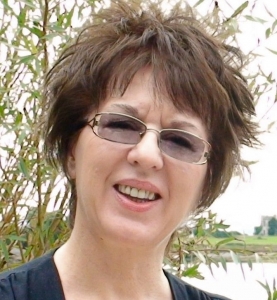
The Very Rev Maureen Ryan is a priest, writer, psychologist, and experienced workshop leader. The workshop will explore writing as a spiritual discipline that helps us celebrate the sacred ordinary, promoting healing and growth especially in times of loss, illness and distress. During the workshop, we will experience the power of writing together in silence, and suggestions with exercises will be provided for establishing the practice subsequently at home.
Absolutely everyone is welcome; there is no requirement of talent or experience. This is writing as a spiritual practice, and no one will be asked to read aloud from their writing.
The day will begin at 10.15am at the Church of Ireland Theological Institute and conclude by 4.30pm. Admission for the day-long event is €40, which includes lunch, coffee & tea, and free parking. The numbers are limited, so booking is essential. Please email hello@ministryofhealing.ie to secure your place.
On Record: Lisa Sharon Harper on the Image of God
If you missed Lisa Sharon Harper’s address in June, you may be happy to know we recorded it!
A call to contemplative practice
“I am the vine; you are the branches. If you remain in me and I in you,
you will bear much fruit; apart from me you can do nothing.”
(John 15:5)
In our very vocal and busy culture it can be difficult, if not even countercultural, to dedicate time for silent prayer. It may appear that we are doing nothing, achieving nothing, and going nowhere in particular. Fruits of a rich (inner) prayer life are not gathered instantly. They take time to be nurtured, they take time to become visible and to show. But in this going nowhere we are meeting God, and that is what matters.
Recently I was at a day event organised by the New Monasticisms Ireland. The speaker for the day was Dr. James Finley, once a monk at the cloistered Trappist monastery in Kentucky, where Thomas Merton was his spiritual director. Dr. Finley spoke about ways to live a more contemplative life in the contemporary world. He encouraged us to find a contemplative practice and to commit to it. “Try a contemplative practice for three months and notice how your capacity increases”, he said. For instance, our capacity to not be so reactive is likely to increase, we should be able to set appropriate boundaries (more easily), and our capacity to love is likely to increase too. Dr. Finley explained that contemplative practice is “any act habitually entered into with your whole heart that takes you to a deeper place”.
Even observing beauty can become a contemplative practice. Becoming aware of the beauty of creation and pausing in order to appreciate it can in itself be an act of gratitude to God who created the world. The act of appreciating beauty can turn into prayer. “Beauty calls us to attention. It slows us down. This, in itself, is the beginning of contemplation” (Macrina Wiederkehr).
In the Gospel of John, Jesus tells us that if we don’t spend time with Him, we will cut ourselves from the source that is to feed our inner life. Out of this source all our actions are supposed to spring. Dedicating time to prayer, spending time with Christ, pausing to appreciate beauty, all of these are to take us to the source, to the river of life, where our souls can rest in God’s. Then when our unspoken words have been soaked in the silence of prayer, when our actions come out of the hands that know how to bless, we will learn to act more like Christ does.
Contemplation, same as the Eucharist, call us to action, they call us to respond to the needs that we see in the world. But they call us to action together with God, aware that He is the only true source for healing the world’s ills. Even in our silent prayers we can offer to God situations that stir our hearts. While no one will know it, for it will be done in silence, our prayers will become a means of healing, of sharing Christ with the world. Our doing nothing will turn into ministry. Hopefully, if we practice this through prayer, we will be able to do so more graciously in real-life situations too.
Iva Beranek
Dr Iva Beranek is the Ministry Facilitator for the CMH: Ireland
Wellspring
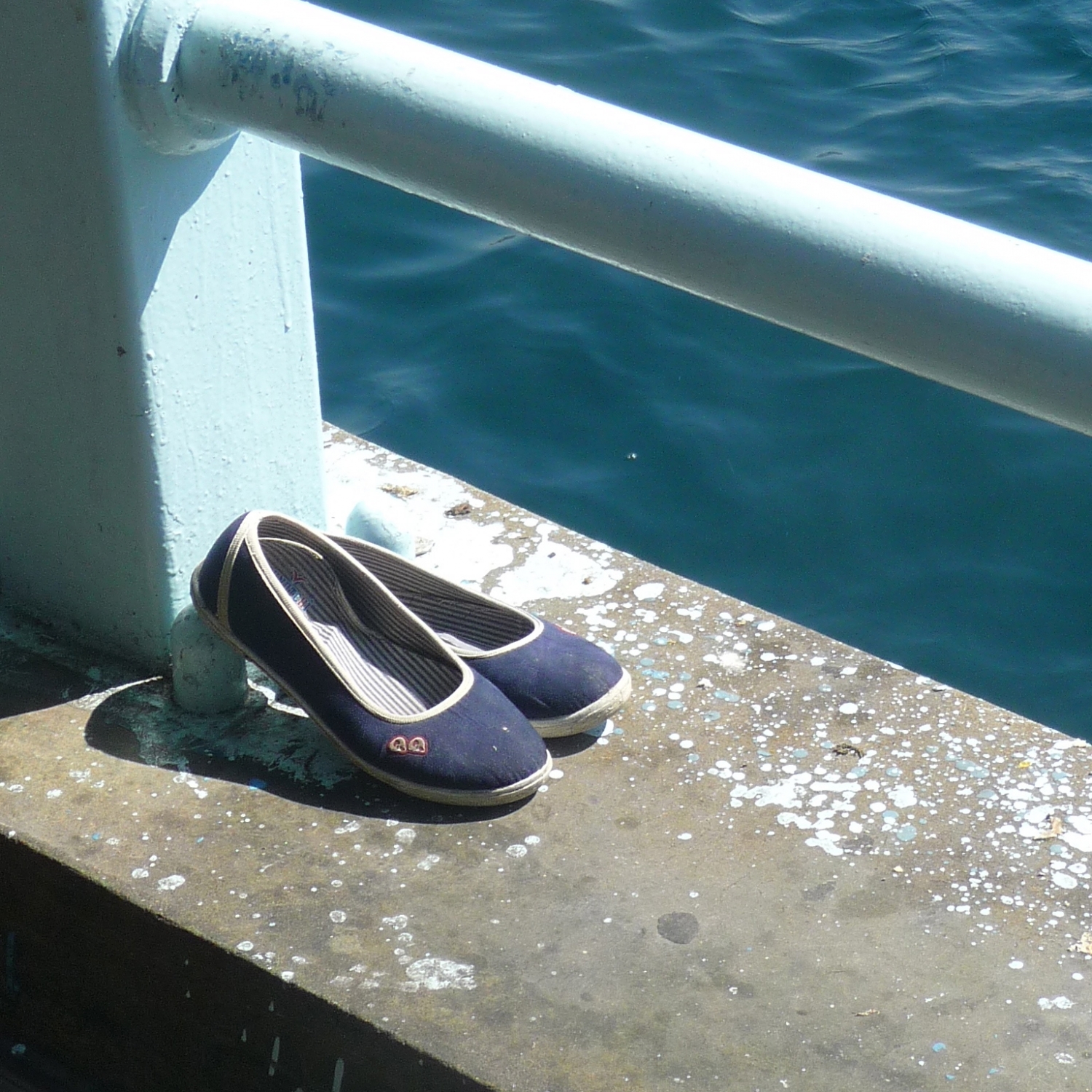
Come to the well.
The well is deep.
Wellspring is a one-day retreat incorporating Christian mindfulness and biblical reflection, to which all are welcome. It’s a chance to spend some time apart from the noise of the world, to be fully present to yourself and to your communion with God, so that by the end of the day, you can re-enter the world refreshed.
A series of nurturing silences in which you can choose to pray, read, take a walk, or even have a little snooze will be interspersed with a few guided (and optional) reflections led by facilitators Iva Beranek, Carol Casey, and Jessica Stone. There will also be an opportunity to avail of one-to-one discussion with a spiritual director.
CMH: Ireland is offering Wellspring for the first time on the weekend of Pentecost, an apt time to bring our attention to the Breath of God within us. The day will begin at 9.45am at the Church of Ireland Theological Institute and conclude by 4.00pm.
The cost is €40, including coffee & tea, lunch and parking. Places must be booked in advance (hello@ministryofhealing.ie).
Forthcoming dates for Wellspring:
Saturday, 5 December 2015
Saturday, 5 March 2016
Saturday, 21 May 2016
Forgive Us: Confessions of a Compromised Faith
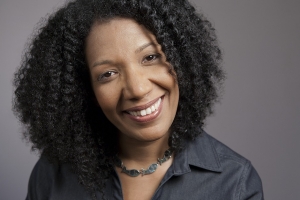
The Church’s Ministry of Healing: Ireland is delighted to welcome Lisa Sharon Harper to speak to us on the subject of forgiveness on Saturday, 6th June 2015.
Currently Sojourners’ Senior Director of Mobilising, Ms Harper is a speaker, activist, author, award-winning playwright and poet. Her writing has been featured in The National Civic Review, God’s Politics blog, The Huffington Post, Relevant Magazine, Patheos.com, Urban Faith, and Prism where she has written extensively on tax reform, comprehensive immigration reform, health care reform, poverty, racial and gender justice, and transformational civic engagement.
Ms. Harper’s faith-rooted approach to advocacy and organising has activated people of faith across the US and around the world to address structural and political injustice as an outward demonstration of their personal faith.
Her most recent book is Forgive Us: Confessions of a Compromised Faith, in which she and three other authors confess the church’s public failings and call their fellow believers to re-engage the surrounding culture in a new and better way.
We expect Ms Harper to challenge us and to inspire us as we seek to be agents of healing in our world today, and we welcome people of every denomination to participate. This event will take place in the beautifully refurbished Music Room of Christ Church Cathedral, Dublin, at 2.00pm on Saturday, 6th June, and The Book Well will be making copies of Forgive Us available for purchase on the day.
Admission is €20/£15, and booking is essential. To book your place, please email hello@ministryofhealing.ie.
After a reception of light refreshments, you are also invited to attend our Annual Service of Thanksgiving, to be held in the cathedral where there will be opportunity for special prayers for healing with the laying on of hands and anointing with oil for those who desire it. This is a Church of Ireland Service of Wholeness and Healing with Holy Communion, and everyone of any denomination is warmly welcome.
The encounter with the risen Lord
The Gospel gives us a number of accounts where Jesus meets the disciples after the resurrection. The response of surprise, fear, initial lack of recognition and then subsequent ‘aha! moment’ of recognition are quite common. They did not expect the empty grave, they did not expect to meet Jesus again, not so soon; even though He told them about it, they could not understand. And who could blame them, they were grieving. After the night seems long, the light of the dawn will come as a surprise and our eyes will need to get used to it. I have never experienced the polar night, when night or twilight lasts for days or months on end, but I presume that in the hearts and minds of those who loved Jesus, the news of the resurrection must have been somewhat like a new dawn after a very long polar night.
I think each of the encounters where we read that Jesus meets his disciples, both women and men, are beautiful in their own way. They portray how for us on the human level taking in the story of resurrection is going to be a process. Maybe that is why the Church gives us fifty days of the Easter season to journey with the risen Lord, to get accustomed to this new reality of life, and to hopefully let this reality transform us ever so little year after year.
What is your favourite resurrection story? I would encourage each of us to spend some time with that story, by reading it a few times, pondering on it, and taking time to prayerfully imagine our own place in the story. What would Jesus tell you, and me, if He came to us today? The risen Jesus sometimes met the disciples behind the closed doors, so if He chose to do the same to us what insight would that bring us? I will not answer those questions, for they can only be answered in the silence of our hearts, but I do wish us all that Jesus may encounter us in a new way this Eastertide, bringing us new life, filled with peace and hope.
Happy Easter to you All on behalf of the Church’s Ministry of Healing: Ireland!
Iva Beranek
Dr Iva Beranek is the Ministry Facilitator for the CMH: Ireland

